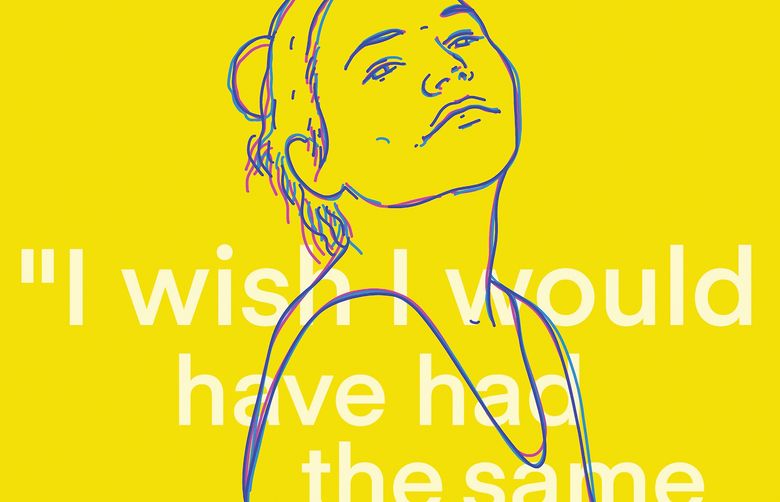Editor’s note: This article was published in partnership with the Youth Voice program, which provides writing opportunities to young people across the country with experience in the child welfare and juvenile justice systems.
As the first person in my family to go to college, I felt a lot of pressure to be successful. Even though I worked hard to get this far in my college experience, it has not been an easy road. For starters, I was robbed of having my mother in my life by being taken away from her and placed in foster care. Then she died from cancer.
I was in extended foster care when I entered college. During the summer of 2018, after completing my first year, I decided to move out of the foster home I lived in for 4½
When I returned to school for the second year, my dorm room was the only place I could call home, and I couldn’t stay there during school breaks. When winter break came, I reached out to a few people to see if I could stay with them, and one of those people came through.
This was one of the most difficult times of my college experience. Even though I was still in extended foster care, I felt helpless and discouraged because I didn’t have a stable roof over my head outside the dorm. Young adults who have both parents don’t have to worry about having a place to go during their breaks. It made me angry knowing that some people around me had that luxury when I didn’t. I felt like an outsider. I didn’t deserve to go through that experience, especially without having my mother to turn to and be there for me when I needed her the most.
That summer, I turned 21 and exited the foster care system, hopeful for a fresh start. When I returned to school in September 2019, I was able to live off campus in an apartment. After a very hard year of having only the dorm as my stable roof, and asking people to stay with them, I felt so relieved to have my own apartment and not worry where I was going to live.
My college experience has been one of the loneliest experiences of my life because people don’t understand what it’s like to lose their mother. Going to college was one of the most pivotal times in my life, and I needed her to get through it. I hate that she’s not able to see the growth I’ve made in my life from 15 to 23 years old. I’ve met people that generalize pain, which is an awful and wrong thing to do, no matter how good their intentions are. Society does not know how to deal with grief and pain, and it makes me angry. Don’t tell people to get over their pain. Sit with people in their pain because you don’t know what they’ve been through. It’s OK to not be OK.
As I complete my bachelor’s degree, I’m truly proud of myself for getting this far. I worked hard to be a graduating senior in college, and no one can take that away from me. I know that my mother would be proud of me. Earning my degree doesn’t make me miss her any less — it makes me miss her more. My mother is supposed to be here, not dead.
After I graduate, I plan to change the foster care system and work toward ending youth homelessness. I will always walk in my truth of “It’s OK to not be OK.” I have a tattoo of this phrase because this is how I live my life every day, authentically being me.
My advice to anyone who is and has been in foster care and wants to pursue higher education is to live your truth and be yourself when stepping onto a college campus. Don’t ever minimize your experience of being in the system and how it’s affected you. It’s OK to not be OK. Walking in your truth will give you the motivation and determination to get your degree. Don’t let anyone else tell you otherwise. You don’t have to be positive all the time. What you’ve been through matters.
